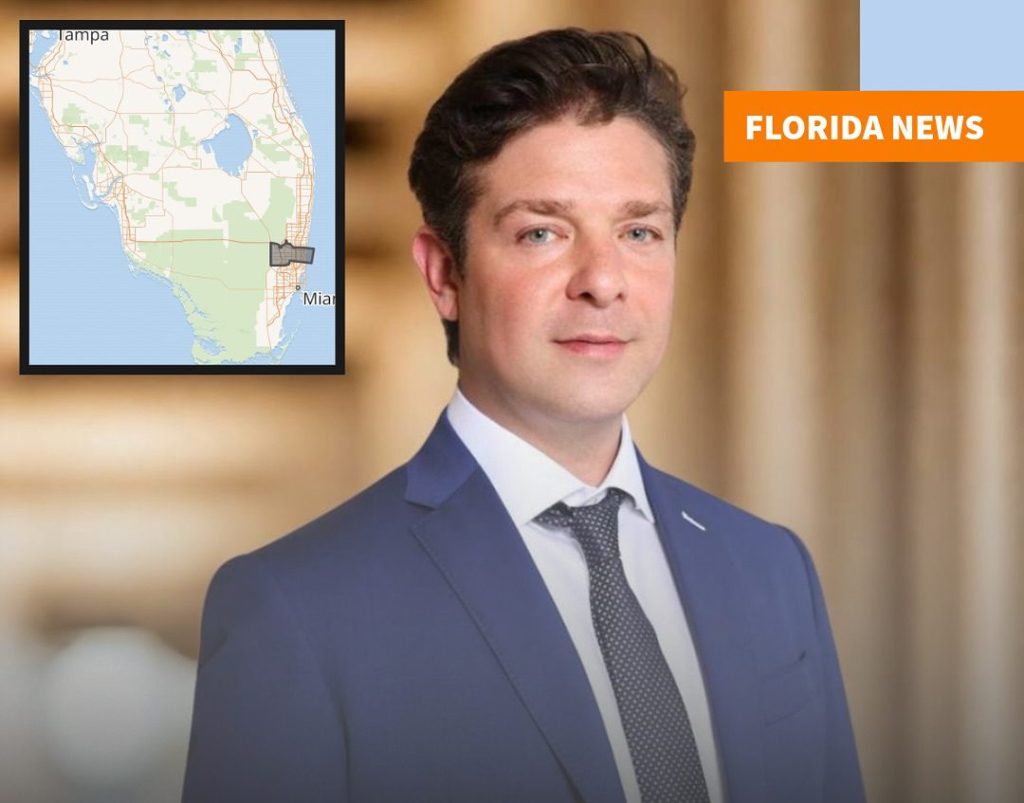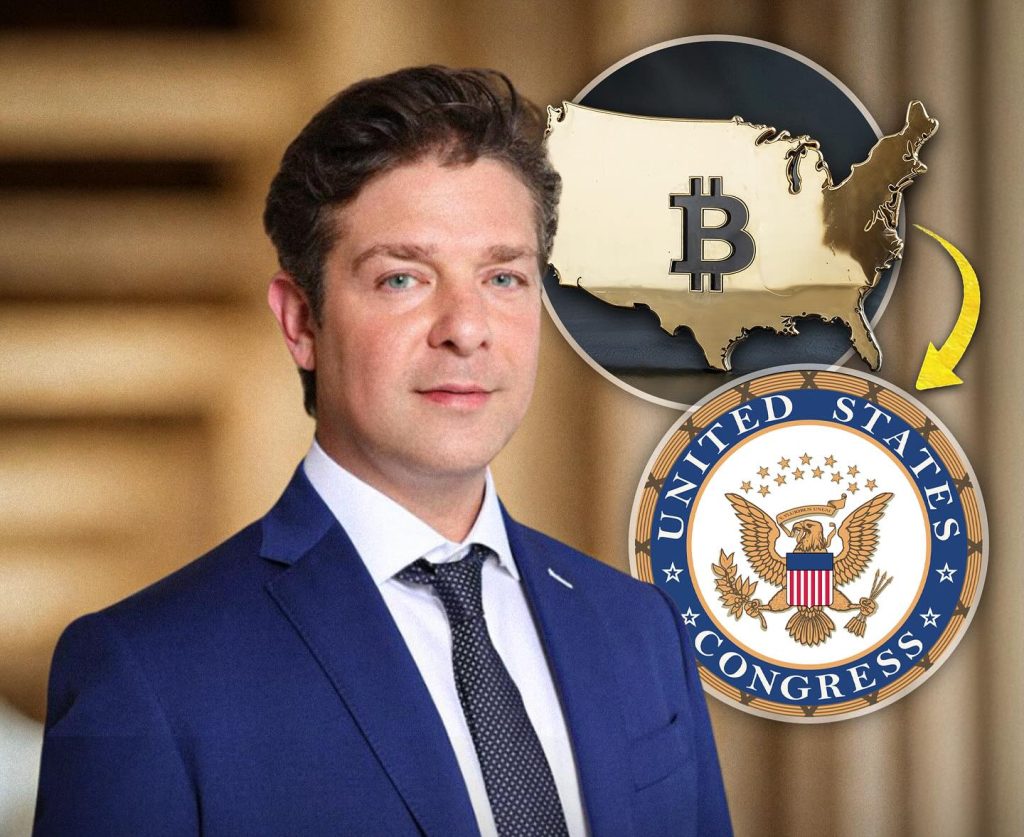Florida Tech Founder Michael Carbonara Announces His Run for Congress in 2026, Challenging a Solid Democratic District
Politics has a way of drawing in the most unexpected candidates. For years, Michael Carbonara was known in the world of tech as a builder, a founder who made his name in the Web3 space and became a recognizable figure in Florida’s entrepreneurial circles. Now, he is stepping into a new arena, one that demands a different kind of campaigning and credibility. Carbonara has officially filed his statement of candidacy, announcing that he will run for Congress in Florida’s 25th District, setting up what could become one of the most watched races in the state.
His decision immediately sparked conversation, not only because he comes from a background far outside of politics, but also because of the challenge he is taking on. The district is currently represented by Democrat Debbie Wasserman Schultz, a longtime figure in Florida politics, and one that the Cook Political Report rates as Solid D. That rating suggests it is considered safe for Democrats, with the kind of voter registration edge that usually makes incumbents comfortable. Yet Carbonara seems undeterred by the uphill climb, arguing that there is a hunger for fresh faces, new energy, and candidates who can speak to both technological change and everyday struggles.

The timing of his entry feels deliberate. With the general election set for November 3, 2026, he has given himself more than a year to build name recognition, raise funds, and test whether a candidacy built on tech credentials can connect with voters in neighborhoods where traditional retail politics usually decides outcomes. It’s not unusual to see celebrities, athletes, or military veterans run for office, but the rise of tech founders as candidates is still new territory. Carbonara represents a kind of modern archetype, the entrepreneur who believes the skills of building companies and navigating innovation can translate into building coalitions and shaping legislation.
Whether voters agree is the big unknown. Florida’s 25th District is not just a patch of political turf—it’s a community with real challenges. Residents are focused on issues like housing affordability, wages, healthcare, and education. Carbonara’s campaign will have to prove that his expertise in Web3 and digital innovation can connect to the lived experiences of everyday families. His team has suggested that his message will be one of modernization, of bringing a forward-looking mindset to government, and of making sure Florida has a voice in shaping policies that intersect with technology, finance, and innovation.
For those who have followed politics closely, the idea of a tech founder running for Congress is intriguing but not entirely surprising. There is a growing frustration with career politicians, and outsiders with unconventional resumes often find an audience. Carbonara’s challenge will be to balance his reputation as a disruptor with the need to show he can work within the structure of governance. Unlike the world of startups, where decisions can be made quickly and visions executed rapidly, Congress moves slowly, shaped by compromise, procedure, and tradition.

Still, the symbolism of his run matters. In a political climate often defined by division, the idea of someone from the tech world stepping into the arena represents a shift in where candidates come from and how campaigns can be run. His candidacy could bring new voters into the conversation, particularly younger Floridians who see technology as central to their lives and futures. The question is whether that energy can overcome the entrenched power of a longtime incumbent and a district map tilted toward Democrats.
As November 2026 approaches, eyes will be on Florida’s 25th to see whether Michael Carbonara’s gamble pays off. For him, the campaign is about more than just one election—it’s a test of whether innovation and politics can merge in a way that excites voters. Win or lose, his decision to run reflects a growing trend of leaders from outside traditional political pipelines deciding that their next chapter belongs on the ballot.


